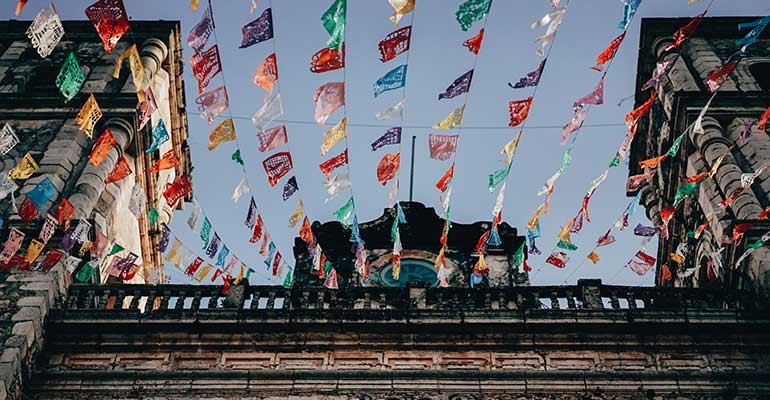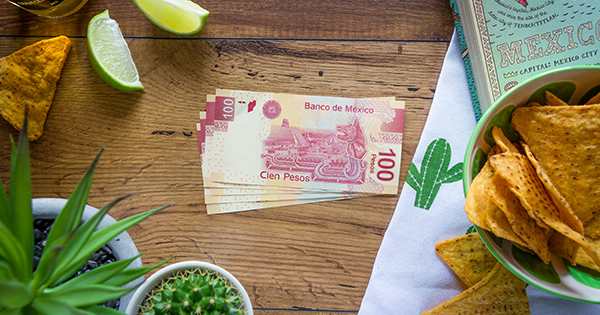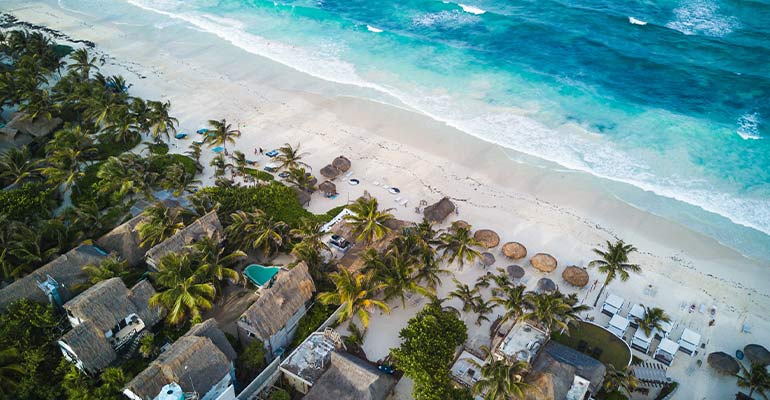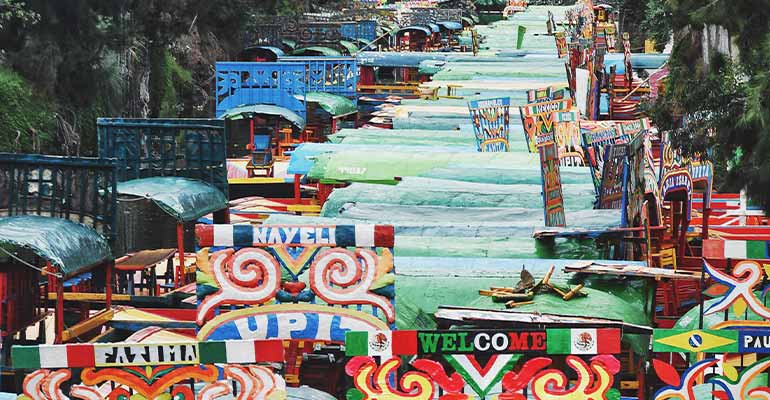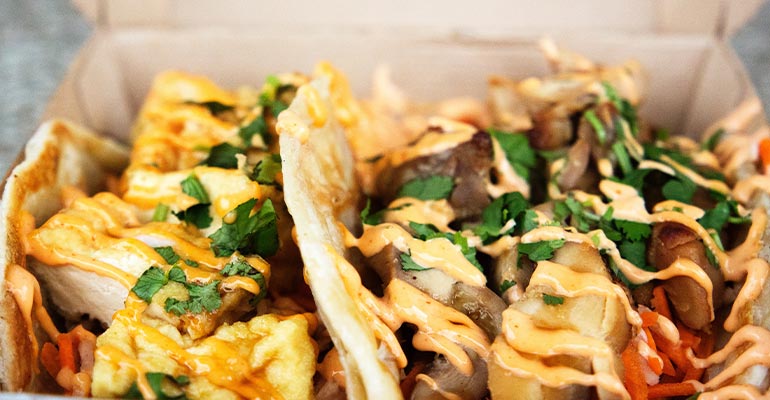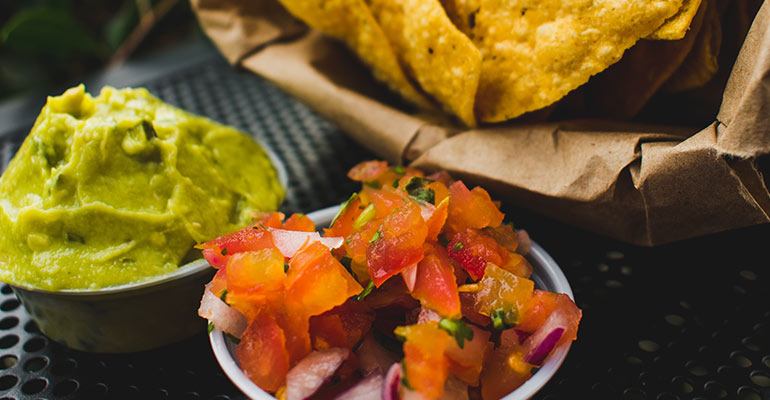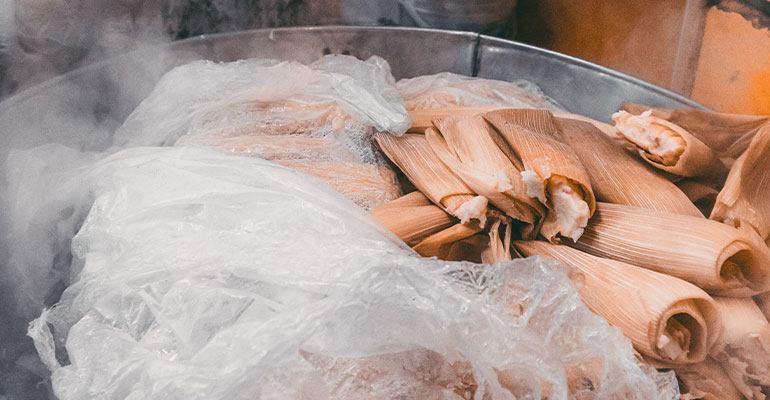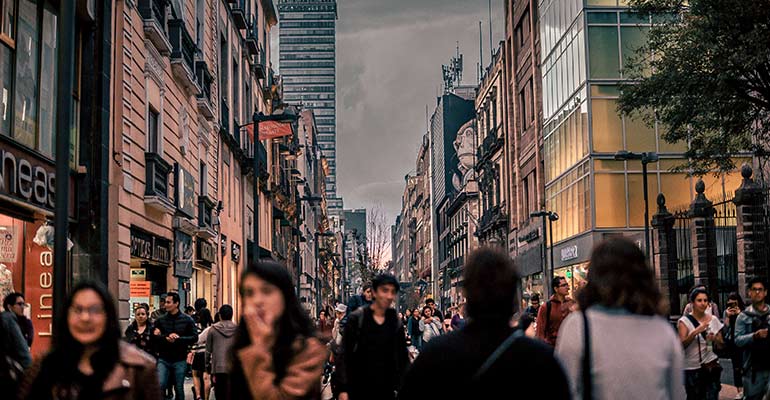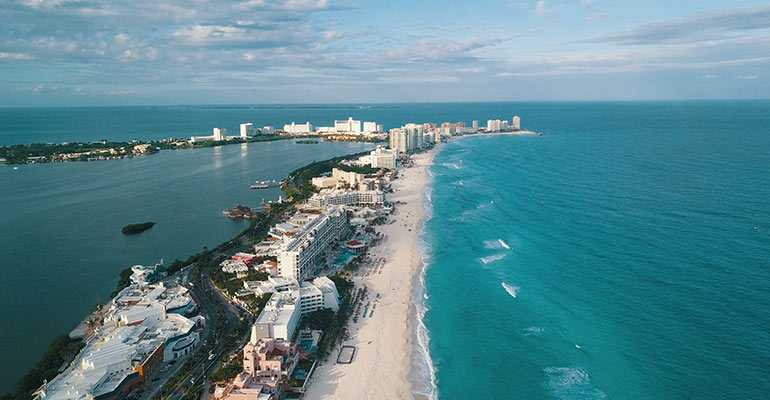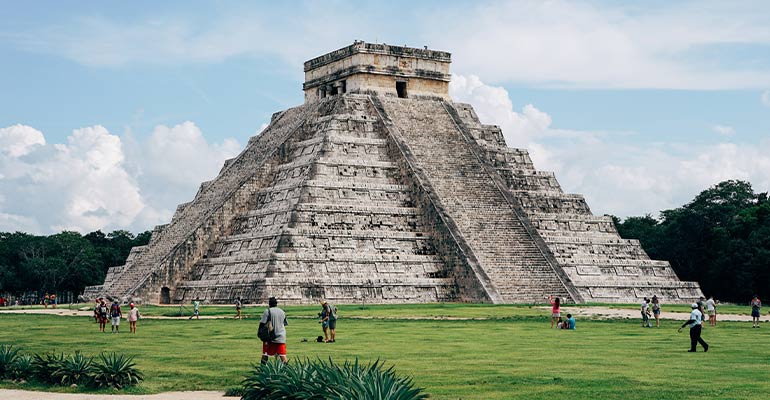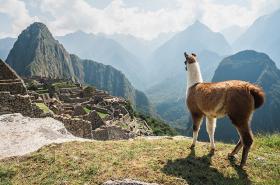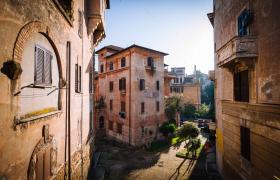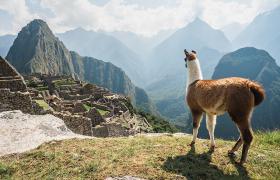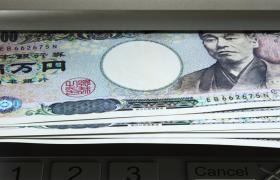Strap on your sombrero and say yes to extra guac in the homeland of tacos and tequila. Famous for its incredible food, Mayan ruins, idyllic beaches and colourful culture, Mexico is a popular destination for all travellers.
Whether you’re keen on a jungle trek, beachside cocktails, late-night tequila or taco-induced siestas, your time in Mexico will leave you wanting more. The intoxicating culture influenced by bright colours, Aztec traditions and the Spanish language can be overwhelming to those visiting Mexico for the first time.
You can minimise this by having a few shots of tequila, or by reading the tips and tricks we’ve provided below to ensure a seamless trip. Both are fun, but I can guarantee this article won’t leave you wallowing in regret with a cheeseburger tomorrow morning.
Mexico Travel Basics
What language do they speak in Mexico?
Spanish is the most widely spoken language in Mexico. You will find English spoken in major business hubs like Mexico city, tourist hot spots and resorts and hotels. Once you leave the more populated areas, English will be harder to come by. With this in mind, it’s worth learning a few simple phrases in Spanish or having a translator app handy to get you through. The good news is that tequila is the same in both English and Spanish.
What currency is used in Mexico?
In Mexico, you will use the Mexican peso (MXN). Some resorts and vendors will take USD; however, you will generally be charged a worse exchange rate as a result.
The Mexican peso is broken into centavos. Get familiar with the following denominations:
Coins: 1,2,5,10 pesos and 5,10,20,50 centavos. The centavos aren’t used that much though because they are worth so little.
Notes: 20,50,100,200,500 and 1000 pesos. You’ll mostly be using the 50, 100 and 200 notes.
Finding ATMs in Mexico
ATMs are everywhere, especially in bigger cities,. However they are harder to find in the jungles and remote Aztec ruins. You’ll be happy to hear that Mastercard, aka your nifty Cash Passport Platinum, is widely accepted throughout all of Mexico. Most ATMs charge around 33MXN (about $2.70 NZD) per withdrawal in addition to any of your bank or carrier fees.
It’s recommended to use the ATMs owned by bigger banks like Banamex, Banco Santander, Banorte and HSBC as they are often more secure and charge less than independent tellers. Scams sometimes target ATMs, so stay vigilant and give the ATM a once over before you use it.
With this in mind, Mexico is quite a cash-heavy society, especially in its street markets. Some resorts will also be cash-free, merely requiring to settle your bill at the end of the stay.
Tipping in Mexico
While the tipping culture isn’t as strong as the USA, tips are always appreciated and sometimes expected in Mexico. It’s best to tip in MXN or USD as they are the most accessible currencies for local workers to use; however, tips in major currencies like CAD and EUR are also accepted.
Knowing when and how much to tip is somewhat of an art form, but aim for between 10-20% depending on the level of service at restaurants and bars. Street vendors don’t require tips; instead, round up to the nearest peso and call it a day.
Is a visa needed for Mexico?
If you’re a Kiwi tourist, you won’t need a visa for stays less than 180 days in Mexico. So, unless you’re planning to live your best life in Cancun for more than half a year, you should be fine.
If you don’t hold a Kiwi passport or are travelling for reasons outside of tourism, then check with your local travel agent for visa requirements.
When to visit Mexico
Choosing a time to visit Mexico depends on what you want out of your holiday.
Tulum, Mexico.Keen on the cheapest time to visit? Aim for between May and early December when there are fewer tourists.
Want to avoid the rainy season? Steer clear of Mexico between June and October, though remember that rainy season will only mean one or two downpours a day which is a nice way of cooling down in the heat.
Love tourists? December to April is Mexico’s high season. It’s summer though, so maybe stick to the coast, so you have somewhere to cool off and swim.
Getting around in Mexico
In cities and towns, public buses called Caminos are the best way to get around. Charging only a few pesos for a journey, they are super cheap and easy enough to use. Bigger cities like Mexico and Guadalajara also have subway systems where a one-way ticket will set you back around 5pesos. Mexico City is renowned for having terrible traffic too, so be sure to account for that when planning journeys.
You’ll find taxis in most cities that are an affordable option, and Uber is in over 30 Mexican cities. A great choice after one too many tequilas on taco night.
When travelling between towns and cities, you can choose to catch an express bus called ‘directo’ that leaves from the central bus terminal. They are faster than other long-distance buses and stop less.
Beep Beep, colourful buses ready to transport you to the closest taco stand.With this in mind, flying is often a more affordable and quicker option. For example, the trip from Mexico City to Cancun takes 15 hours by bus and costs around 1500 pesos. The same journey only takes 2.5 hours and costs around 700 pesos by plane. Kinda a no brainer. Aim to book tickets in advance to secure the best deal and ensure you get a seat.
Is it safe to travel to Mexico?
This is a yes and no question and depends on where you travel and what you plan on doing. If you’re sticking to tourist areas the most you’ll need to worry about is petty theft of pickpockets. If you’re heading out into more remote regions or towns renowned for being dodgy, then you’re setting yourself up for trouble.
The news will often portray Mexico in a scary light, and the reality is that most of the conflict is between authorities and drug cartels. You, the humble tourist eating a burrito will probably be safe from trouble.
As with any holiday, keep your wits about you, stay vigilant and use common sense. Try to avoid carrying significant sums of cash and walking around dodgy dark alleys.
If you are concerned about your safety, why not consider joining a tour or staying in a resort? That way you’ll be guided by locals that know the ins and outs of the city and what to avoid. As always, be sure to check Smart Traveller and have travel insurance to keep you covered.
What to eat in Mexico
I don't wanna taco bout how much I ate in Mexico.Short answer: everything. Mexico is well known for its deliciously spicy cuisine. Get used to rice and beans being a staple for every meal, and be sure to chow down on at least a few of these:
- Tacos: duh. If you don’t know what a taco is you’re about to have your mind blown.
- Elote: Mexican corn on the cob, boiled and served on a stick. From there you can add salt, chilli powder, lime, butter, cheese, mayo and sour cream. Served in restaurants and from street vendors, you won’t meet corn cob you didn’t like. Not to mention the fact they are super cheap.
- Mole: A delectably rich sauce served with meats, beans and rice. Mole is often packed full of fresh ingredients and spices, with each person having their own special recipe.
- Salsa: both the dance and the dipping sauce. Ole.
- Enchiladas: Soft tortillas bursting with cheese, beans and your choice of meat that is covered in salsa, chilli and sour cream. Is your mouth watering, or is that just me?
- Tamales: Hot Tamale! These little corn dough pockets are stuffed with a sweet or savoury filling before being wrapped in banana leaves or corn husks and steamed.
- Guacamole: Holy Guacamole I love a bit of guac. The perfect accompaniment to any meal or corn chip.
- Chilaquiles: These are a breakfast dish of lightly fried corn tortillas served with salsa, fried eggs, chicken, cheese and cream.
Of course there are more dishes, and I encourage you to try as much Mexican cuisine as possible. If you’re stuck between two meals, I always recommend calling on the famous Old El Paso ad for guidance and shouting “Porque no los dos!” before digging into both.
In terms of pricing, expect to pay the following for meals:
Street food like corn, tacos, tamales etc.: less than 10MXN per serve
Restaurant meals: between 90 and 140MXN per dish
Beachside restaurants and resorts and restaurants will often charge more.
In terms of alcohol, beer is around 15-20MXN on the street but often double in a restaurant.
Where to go in Mexico
- Mexico City: Here, you have access to plenty of incredibly Aztec ruins and experiences, not to mention Chapultepec Park, one of the largest city parks in the world. The park has a zoo, amusement park and museum of anthropology. Mexico City is a bustling financial hub (Mexico has the 15th biggest economy in the world), so take the opportunity to absorb the chaos over a burrito or two.
- Tulum: Nestled on the Carribean coastline of Mexico, Tulum is known for its stunning cenote swimming holes and the well-preserved ruins of a Mayan Port city. Here you will also find plenty of resorts and a party or two.
- Cancun: Resorts, nightlife, tourists and a few cultural experiences. If you’re keen to lay on a sunbed with a cocktail in hand, Cancun is your place.
- Chichen Itza: A complex of Mayan ruins on the Yucatan Peninsula. Take your camera, some snacks and a bottle of water ready to explore the fascinating wonder. You can access the ruins via a day trip from Cancun or Playa del Carmen.
- Great Maya Barrier Reef: Already ticked Cairns off your bucket list and keen on some more snorkelling. This is the second-biggest reef system in the world and boasts incredible diving, snorkelling and sports fishing.
If you’re struggling with an itinerary, it’s worth looking up where tours go and copying their route (if you don’t want to join the tour yourself).
How much to budget for a trip to Mexico
Like a traditional mole recipe, your travel budget is unique to you. You’ll need to budget for flights, accommodation and insurance, as well as daily costs like food, activities and transport. Our holiday budget planner can give you a headstart on understanding those daily costs.

